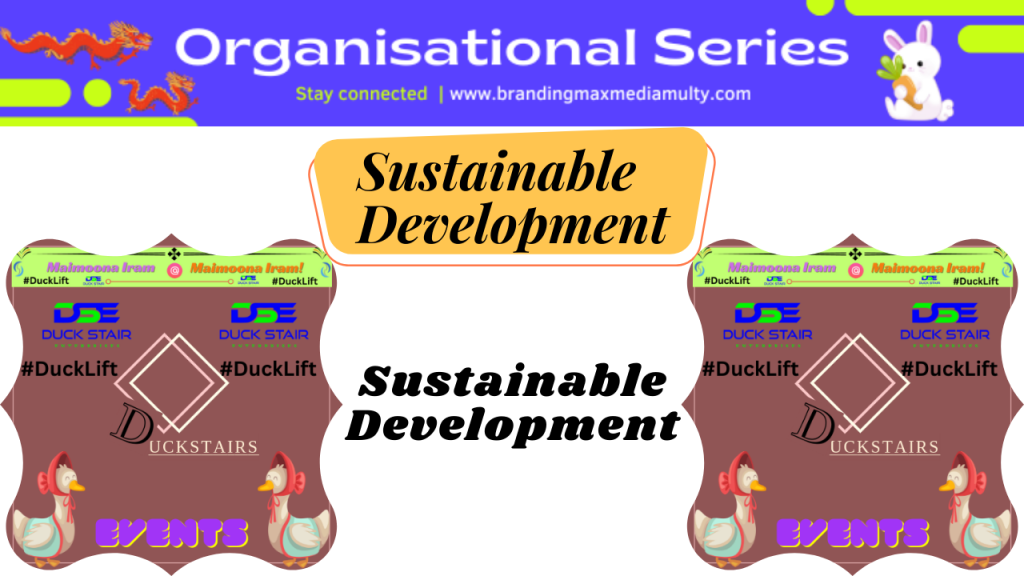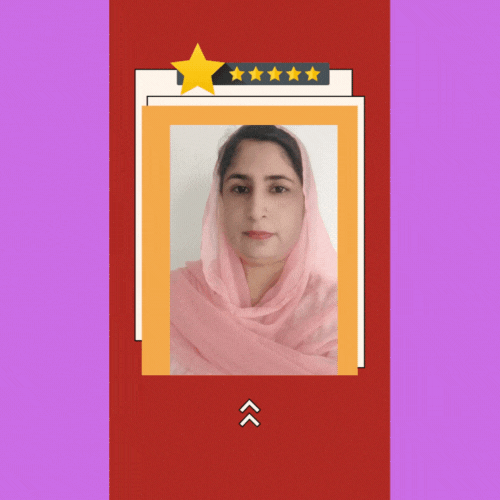Sustainable Development

Sustainable Development
Sustainable development is an approach to economic growth and societal progress that seeks to meet the needs of the present without compromising the ability of future generations to meet their own needs. It involves balancing economic, social, and environmental considerations to create a more resilient and equitable world. The concept of sustainable development emerged in response to the recognition that unchecked economic growth and resource exploitation can lead to environmental degradation, social inequalities, and long-term economic instability.
Reasonable improvement is a way to deal with financial development and cultural advancement that tries to address the issues of the present without compromising the capacity of people in the future to address their own issues. It includes adjusting financial, social, and ecological contemplations to make a stronger and even handed world. The idea of reasonable improvement arose in light of the acknowledgment that uncontrolled monetary development and asset double-dealing can prompt ecological debasement, social imbalances, and long haul financial unsteadiness.
Key standards and objectives of maintainable advancement include:
Ecological Preservation:
Securing and saving environments, biodiversity, and normal assets to guarantee their drawn out reasonability. This incorporates endeavours to battle environmental change, decrease contamination, and advance feasible farming and ranger service.
Social Value:
Guaranteeing that financial advancement helps all citizens, tending to destitution, advancing social consideration, and giving equivalent admittance to assets, schooling, and medical services.
Monetary Flourishing:
Empowering financial development that is comprehensive, mindful, and doesn’t think twice about the capacity of people in the future to address their own issues. This frequently includes advancing advancement, effective asset use, and economical strategic approaches.
Social Variety:
Perceiving and regarding the social characters and customs of various networks, guaranteeing that advancement endeavours regard and safeguard social variety.
Between generational Value:
Perceiving the interconnectedness of ages and endeavouring to leave a world that is as great or better for people in the future.
The expression “maintainable turn of events” acquired worldwide unmistakable quality with the arrival of the Brundtland Report in 1987, which characterised manageable improvement as “advancement that addresses the issues of the present without compromising the capacity of people in the future to address their own issues.” From that point forward, economical improvement has turned into a core value for global associations, legislatures, organisations, and networks around the world.
Endeavours to advance maintainable advancement are frequently directed by structures like the Unified Countries Practical Improvement Objectives (SDGs), a bunch of 17 objectives embraced by UN part states in 2015 to address worldwide difficulties and further develop the prosperity of individuals and the planet by 2030. These objectives cover many issues, including neediness, hunger, wellbeing, instruction, orientation correspondence, clean water, clean energy, dependable utilisation, and environment activity.
Author

MAIMOONA IRAM
https://backup.brandingmaxmediamulty.comCreative, Dynamic, Innovative.
